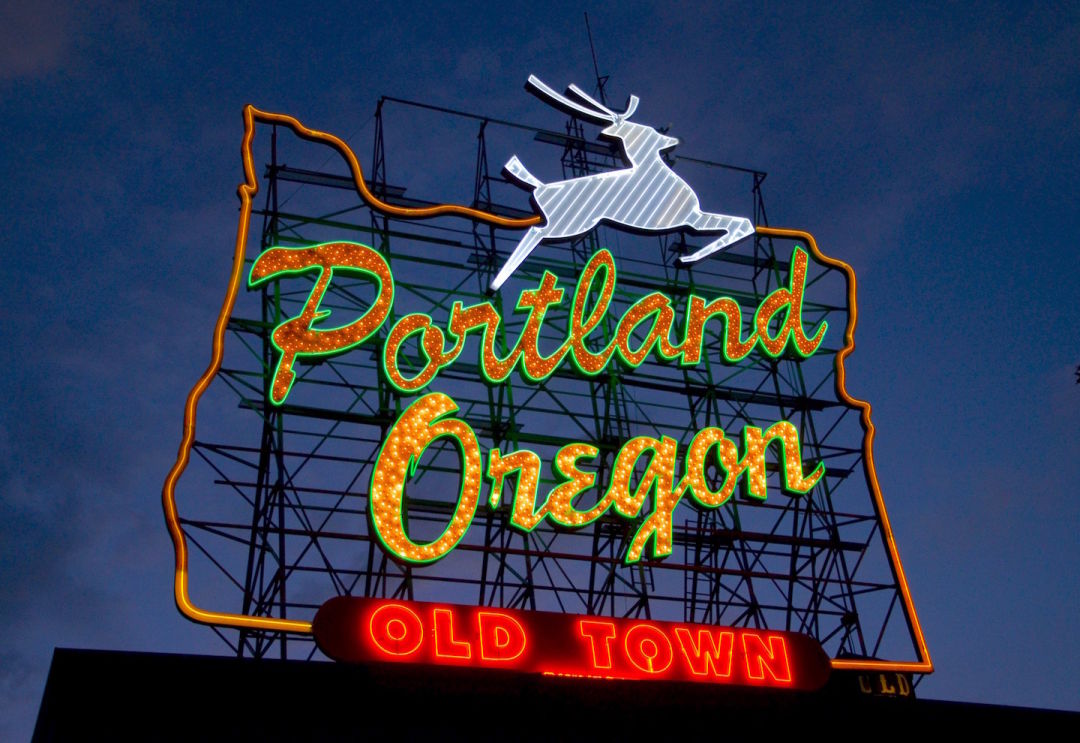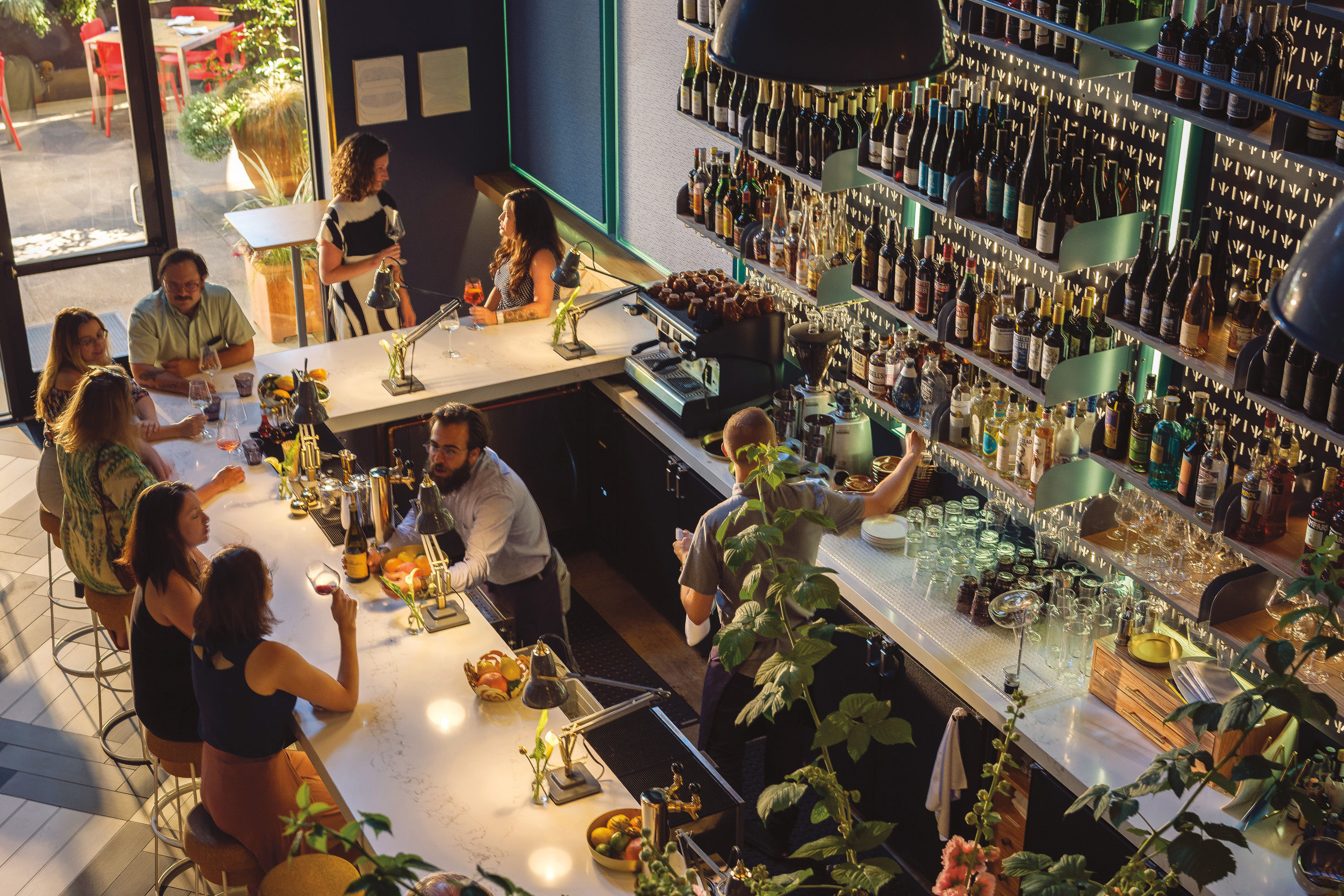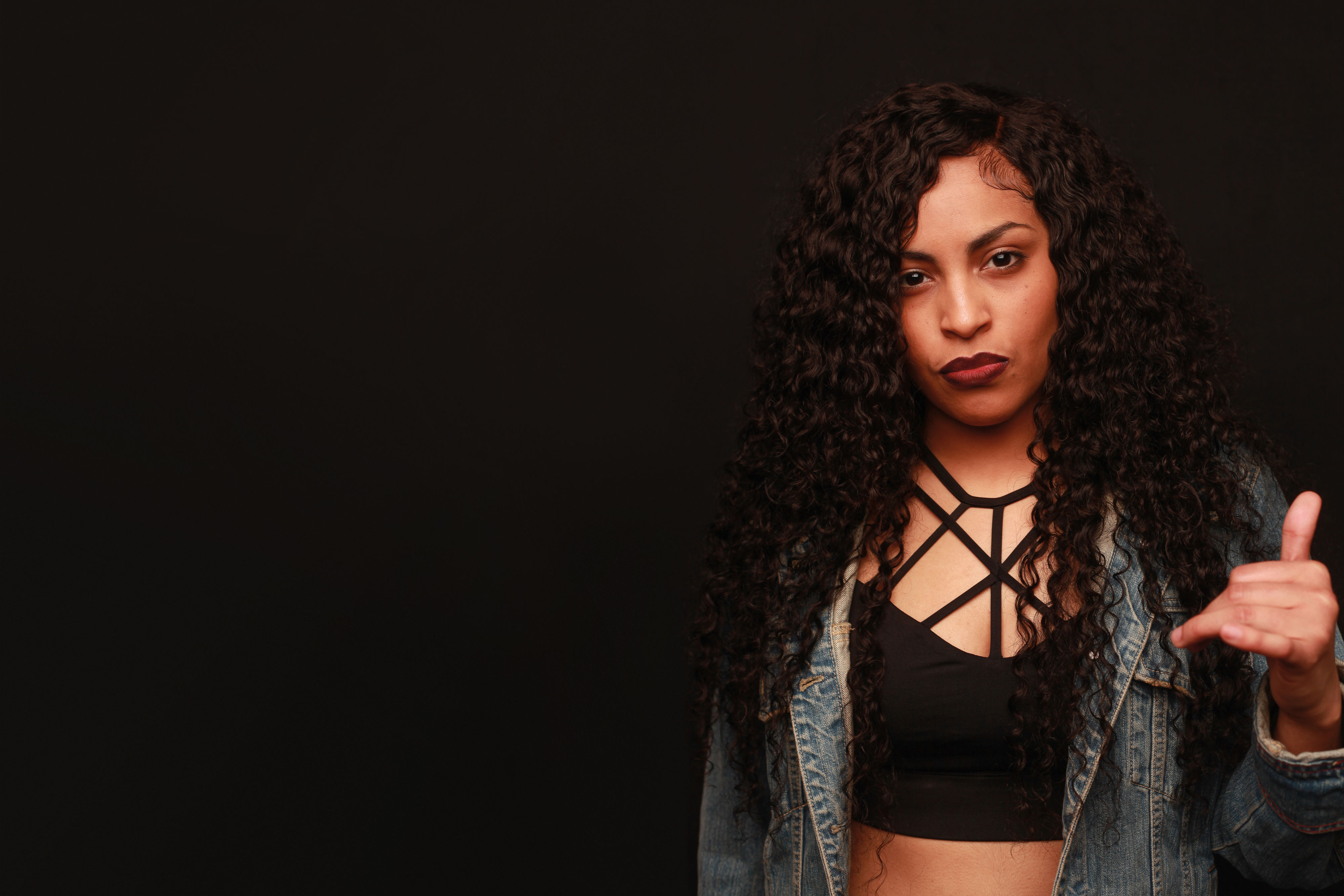From the Editor: What We Talk about When We Talk about Portland

Image: Courtesy Wikimedia Commons
Recently, it happened, not for the first time: the Internet sparked office conversation about Portland, then and now. Specifically, whether the town has gone to hell. (Folk wisdom says these conversations used to happen ’round a “water cooler.” Ours unfolded on Slack.)
The gist is familiar. Portland has changed a lot; in many eyes, not for the better. If your outlook begins in the 1990s—a fairly common touchstone in the prevailing dialogue—you’ve watched a cheap-and-easy western town trend upward into a busier, bigger, pricier West Coast city. At the magazine, we see the unease firsthand. Our most popular digital story in recent memory concerns the predicted “apocalyptic” traffic of this summer’s “Big Fix.” Mounting population is a subtext of our coverage of restaurants, hiking trails, neighborhoods—all the nice things. And, yeah, we pay rents, mortgages, child care, and cocktail bills in this town, too.
So some trenchant online criticism of today’s Portland inspired reflection. At 43, I have somehow assumed grizzled, tale-telling elder status, and I feel it: for some of us, it’s easy to look back on the city of yore (the Clinton administration) as a low-key wonderland, where you just needed a shared bungalow, a friend who worked at Kinko’s, and a dream. A certain zany magic evaporated when the all-powerful market noticed Portland’s slumbering value. Melancholy can ring true, emotionally.
But! Counternarratives proliferated. One colleague cast a gimlet eye upon those “lamenting Portland turning into a city”; another noted that for many people of color (and others), there never was an Old Portland Paradise. Even I—playing Ye Olde Journaliste to the hilt—conceded that a lot of my own nostalgia fodder was an accidental byproduct of economic malaise. Another writer waxed philosophical: “Cities are like people, and you can’t stop them from growing.”
Soon we all got on with it. And our actual jobs, coincidentally, told their own story. This issue of Portland Monthly documents a constellation of great new bars that didn’t exist back in the day (and really couldn’t have). Our Fall Arts guide celebrates rising musicians more diverse, stylistically and otherwise, than any previous class of scenesters. Up front, the Dispatch section samples a bustling, bristling, ever-odd place, where urban goats and cutting-edge microbiology coexist. The dining section offers an oblique but telling angle on the greater narrative: that of a verified Portland coffee legend catching the flowy vibe of now.
So many layers of history, good and bad, compact to form this city’s present, you need a scalpel to separate positive change from negative consequence. I hope this Portland Monthly suggests—as it does to me—that our town is just now hitting its stride.
Zach Dundas
Editor in Chief




